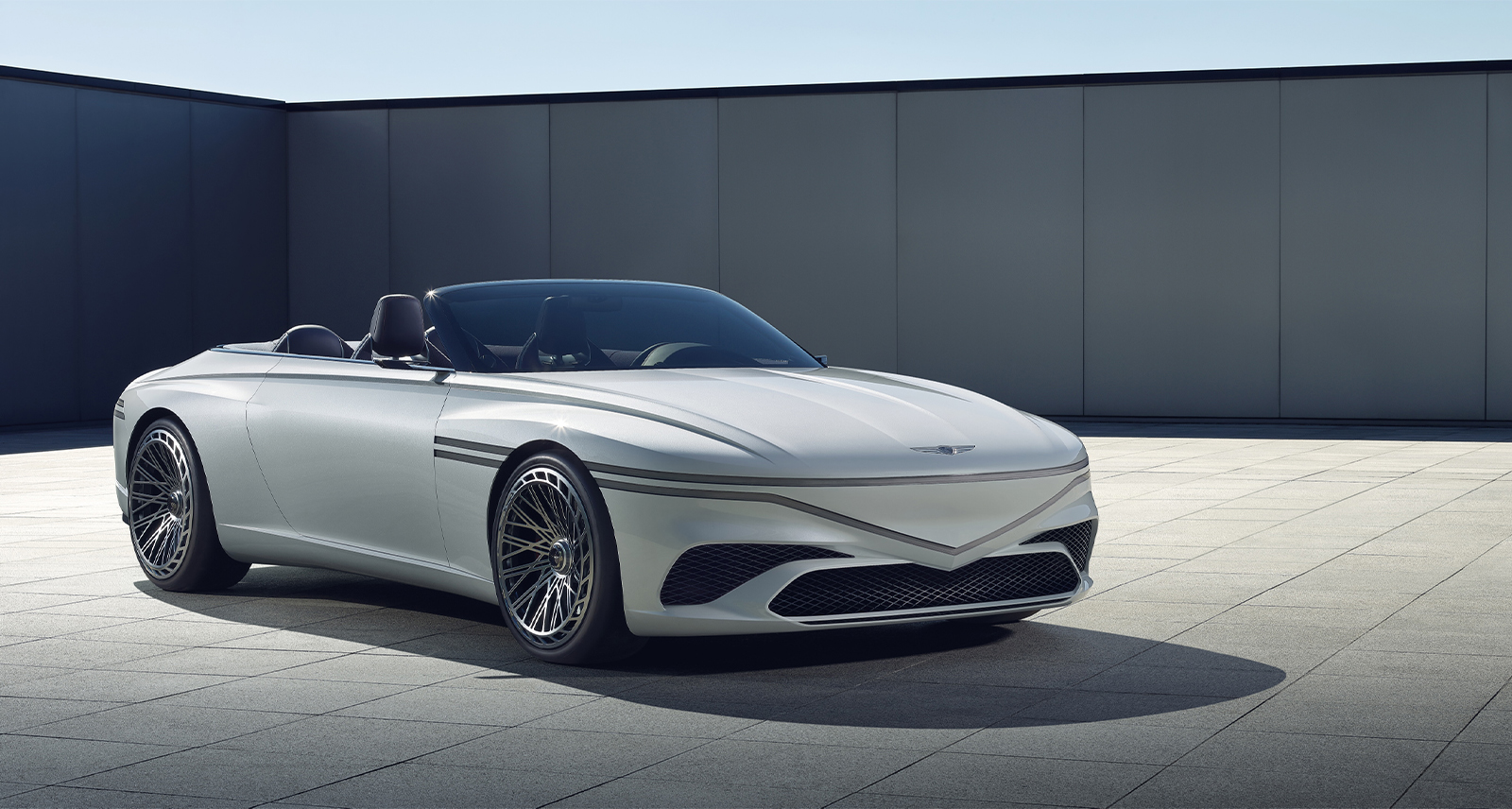So you’re thinking about buying a convertible car? They sure are fun to drive, but before you take the plunge, you should know a few things. It’s important to know the pros and cons of convertible cars before making a purchase, including soft-top vs. hard-top convertible vehicles, sun protection, cleaning, and especially convertible car insurance.
We’ll guide you through everything you need to know about owning a convertible so you can make the most informed decision possible.
Table of Contents
What is a convertible?
A convertible is a car with a removable or folding top. Convertibles come in two main varieties: soft-top and hard-top. Soft-top convertibles have cloth or vinyl tops that must be manually removed or folded down. Hard-top convertibles have metal or composite tops that either fold down or detach from the vehicle.
Some convertible cars have a power-operated top that can be opened or closed at the push of a button.
Pros of Owning a Convertible
If you are excited about owning a convertible, then you know there are some fun advantages. From the lifestyle to the wind-in-your-hair feeling, convertibles are great cars to own. Here are some of the primary reasons some might decide to purchase one.
The Lifestyle
One of the best things about convertibles is they allow you to enjoy the outdoors while still being protected from the elements (and they’re arguably more fun to drive than other regular cars). Whether you’re driving down the highway with the wind in your hair or parked at a scenic overlook, convertibles give you the opportunity to soak up the sun and fresh air.
The Flexibility
The most obvious advantage of ownership is your vehicle can quickly be converted from a car to a convertible. This flexibility makes it perfect for different situations, whether you need a car for everyday use or want to have some fun with the top down on a warm day.
For example, if you are driving around enjoying a sunny day when it starts suddenly raining, have no fear. In many cases, you can simply flip a switch, and your convertible’s cover will appear and protect you from the weather.
That same flexibility makes it a viable driving vehicle no matter the season. If you live somewhere with cold winters, you won’t get to enjoy the top-down experience in the cold winter months, but at least it doesn’t have to sit in your garage for the bulk of the year collecting dust.
You can put up the top and keep it toasty inside.
The Resale Value
Another advantage of convertible ownership is they tend to hold their value better than regular cars. This is because convertibles are less common and more coveted than other types of vehicles, so they retain their value over time. If you’re considering selling your convertible down the road, you can most likely expect a good price for it.
Cons of Owning a Convertible
There are, unfortunately, also several disadvantages to convertible ownership. It goes without saying a convertible isn’t the most practical vehicle, and here’s why.
The Expenses
Convertibles can be more expensive than regular cars to purchase, insure, and maintain. This is because convertibles are less common and have more specific needs than other types of vehicles.
- Purchasing a convertible can be expensive. Convertibles are luxury vehicles that often come with luxurious price tags.
- Convertible cars require more maintenance than regular cars. If you want to get the most out of your car, convertible tops need to be cleaned and conditioned regularly to prevent them from drying out and cracking. They also need to be replaced every few years.
- Convertible cars can be less practical. For example, convertibles generally have smaller trunks than regular cars because of the space taken up by the folding top. This can make it difficult to transport large items or luggage.
Make sure to conduct thorough research into all aspects of owning a convertible before making your purchase.
The Ins and Outs of Convertible Car Insurance
When you’ve evaluated your comfort level in dealing with those expenses, you’ll need to turn your eye to another important expense: insurance.
When it comes to convertible car insurance, there are a few things you need to know.
- Your rates will generally be higher than for a regular car because convertibles are more expensive to replace and repair.
- It’s important to get comprehensive coverage for your convertible to protect against damage from weather, theft, and vandalism.
- Be sure to tell your insurer if you plan to use your convertible for business purposes, as this can affect your rates.
By following these tips, you can be sure you’re getting the best convertible car insurance coverage for your needs.
Convertible Sun Protection and Cleaning
Because your convertible (and you) are more exposed to sunlight than other vehicles, you’ll need to take some additional steps to ensure everything is protected. For example, you’ll need to be extra vigilant about applying sunscreen and wearing sunglasses when driving a convertible.
It’s also important to keep your convertible clean, inside and out, to protect its finish from UV damage.
How to Clean Your Convertible’s Top & Interior
Use a soft brush or cloth and mild soap to clean your convertible top. Be sure to rinse thoroughly to remove all soap residue. You can also use a convertible top cleaner specifically designed for this purpose.
To clean the interior of your convertible, start by vacuuming to remove any dirt and dust. Then, use a convertible-specific cleaner on all surfaces, including the dashboard, seats, and door panels.
You could also consider some of 2022’s best car accessories that can provide additional convenience and protection to your future convertible.
Is owning a convertible right for you?
Now you know the pros and cons of convertible ownership, it’s time to decide if this type of vehicle is right for you.
A convertible might be a perfect choice if you’re looking for a fun summer ride that will turn heads. But, a convertible might not be the best option if you need a practical and affordable car for your daily commute. Ultimately, the decision is yours if you want to consider other options like buying a second-hand car.
Luke Williams writes and researches for the car insurance comparison site, CarInsuranceComparison.com. His passions include insurance and best practices for luxury car ownership.



